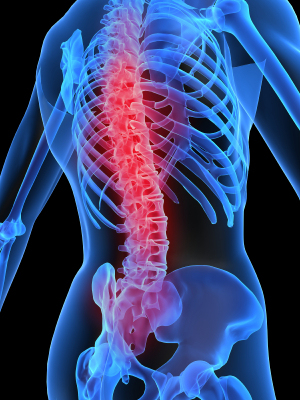 Our bodily functions have not progressed much beyond our Paleolithic ancestors, but our technology and lifestyles have evolved far beyond our current physiology. If our bodies function better on “caveman” eating habits then why do we think have evolved enough to handle the amount of tension and stress that comes into our lives on a daily basis? One hundred years ago a person processed the amount of information equivalent to a copy of the Wall Street Journal, in their lifetime. Now days it is closer to 13,000 copies and that number is growing daily. The term “information overload” is REAL and it produces stress and tension in our bodies that can become chronic pain. What this means is that most people are in a “flight or fight” mode, everyday, all day long. This includes sleeping hours. In this mode the body is producing high levels of adrenaline and cortisol which contribute to higher heart rates, increased blood pressure and lack of restful sleep patterns. Being in this state causes a hyper-vigilant tension of the tissues and means that muscles are tight, circulation is decreased and waste products are not flushed as they should be. The resulting pain is the body crying out for help. Ever wonder why your stomach is constantly upset or why you can’t remember things? Digestion and brain function are affected by the shutting down of functions not directly related to survival. National Geographic did a great documentary on the effects of stress. You can view it here. So unless you plan on becoming a monk and living in a remote cave, your levels of tension and stress are not going to change. What you can change is recognizing that pain is a symptom of your body asking for help and taking steps to meet your physiological needs. Dr John Sarno has written two good books on Tension Myositis Syndrome and how our bodies cause pain when under stress and tension. I highly recommend checking them out. Another book, “A Headache in the Pelvis” talks about pain as the result of tension and how to deal with it. Basically the recommendation from these sources is to keep moving, recognize the pain as a result of tension and stress, and do self-care. This could be stretching, exercising, yoga, meditation, massage, etc. Just don’t lie in bed and hope it goes away. If you go to a doctor they will most likely prescribe pain medications and studies show a lack of positive results. Become your own best advocate. Research, ask questions, explore possibilities and don’t be afraid to try something. Dr. Sarno educates his patients and has found that the more pain sufferers learn, the better they work with, rather than against their bodies and become pain free. Comments are closed.
|
Archives
January 2023
|
 RSS Feed
RSS Feed